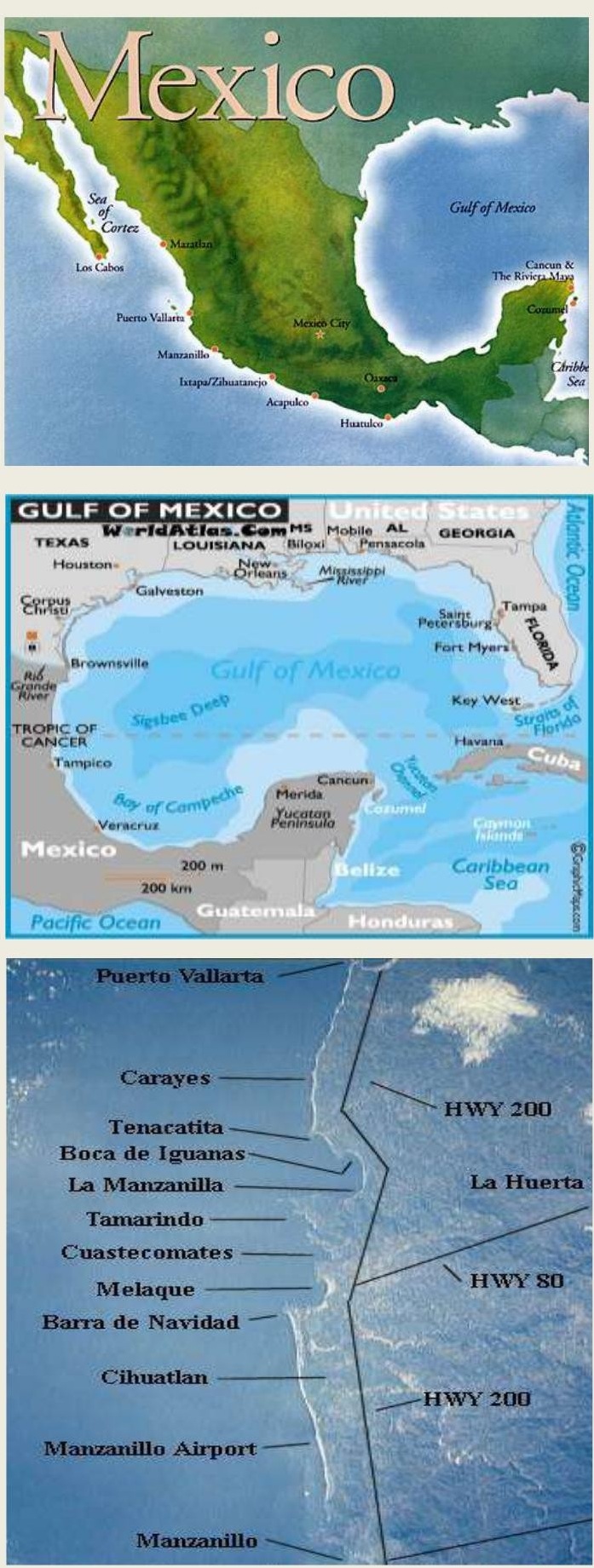By Karen Trom from the July 2012 Edition
According to the U.S. Geological Survey- No.
Neither the USGS nor Caltech nor any other scientists have ever predicted a major earthquake. They do not know how, and they do not expect to know how any time in the foreseeable future. There is also no reliable and consistent documentation that animals can predict earthquakes so I guess we just have to be ready all the time! We don’t have to be extreme like Doomsday Preppers, but there are some basic things you can do to ensure your safety.
Most of this info was found on the USGS website as well as the Center for Earthquake Research so they are geared more toward our way of doing things in the US and Canada. If your wiring, plumbing, etc. is anything like ours in Mexico, you will chuckle at a few of these suggestions.
Every home, whether you are in an earthquake area or not, should have some type of basic emergency kit on hand. It can run the gamut from very basic to a complete bomb shelter or anywhere in between. Here are a few suggestions for your kit:
1- Have enough food and water for everyone in your home to survive for 72 hours. 1 gallon of water per person, per day is suggested.
2- Battery powered or hand crank radio (assuming you can understand Spanish!)
3- First Aid kit
4- Flashlight with extra batteries
5- Moist towelettes, garbage bags, and plastic ties for personal sanitation. (yes, this is a makeshift toilet)
6- Wrench or pliers
7- Can opener
8-Other things to consider: spare eyeglasses, pet food and supplies, blankets, plastic silverware and plates, feminine needs, etc. Again, you can go all out or have just enough to get by, it’s up to you.
Now that you have your kit, how do you protect your stuff, namely, your fine china and crystal? Or in our case, dishes from Primavera and assorted pottery objects from beach vendors. Granted, all of these things are replaceable but you don’t really want to step on broken glass or have something fall on your head. Be sure to keep heavy objects on low shelves and not above seating or sleeping areas. There was a suggestion not to have a mirror over your bed if you live in an earthquake prone area. I guess it’s ok for everyone else! Take a look at ceiling fans and light fixtures-where will they fall? Stock glass bottles and other breakable containers on low shelves and fasten any large furniture to the wall.
These next suggestions made me laugh, isn’t it ok to just flag down a guy driving down the street to do this work for you? ‘Cuz that’s what I do!
Repair defective electrical wiring and leaky gas connections. These are potential fire risks. Get appropriate professional help. Do not work with gas or electrical lines yourself. (or just ask your neighbors what guy did good work for them).
Install flexible pipe fittings to avoid gas or water leaks. Flexible fittings are more resistant to breakage.
Let me know if you find the right fittings anywhere. I can’t even find a decent toilet seat!
Secure your water heater, refrigerator, furnace, and gas appliances by strapping them to the wall studs and bolting to the floor. If recommended by your gas company, have an automatic gas shut-off valve installed that is triggered by strong vibrations.
Well, we don’t have to worry about the furnace in Mexico and my water heater is outside. But…do we have wall studs? Can we get at them? I need to hire a guy just to hang a picture!
Knowing where your electrical panel is as well as the gas shut off is a really good idea in many situations. Go take a look if you aren’t sure where yours are and know what to do if there is a problem.
Locate safe spots in each room because you never know when the earth will start shaking. There is no season or time of day that is more or less likely to have an earthquake, it is a total surprise. A few minutes preparing could make a big difference for the safety of you and your family.
There is an awesome website at www.earthquakecountry.info that I would recommend to anyone who wants to know more. There is a great downloadable handbook that covers everything you need to know. This site is also available in Spanish at www.terremotos.org.
Let’s finish up with a bit more earthquake trivia. Did you know there are about 55 earthquakes every day? According to long-term records (since about 1900), we expect about 16 major earthquakes in any given year, which includes 15 earthquakes in the magnitude 7 range and one earthquake magnitude 8.0 or greater. The year with the largest total was 2010, with 24 earthquakes greater than or equal to magnitude 7.0. In other years the total was well below the 16 per year. This means we aren’t having more earthquakes, it means we have better means of communicating so we hear about more of them.
Those who fail to prepare are preparing to fail. – John Wooden, UCLA Basketball Coach
Questions? Comments? Suggestions? Contact me at karzlo@hotmail.com or visit my blog at www.changeyourchoices.wordpress.com.
Download the full edition or view it online




